February 2022 Open Forum Discussion
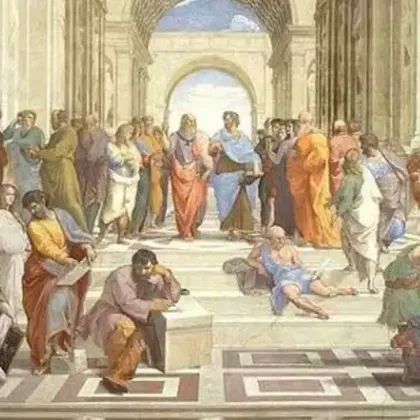
Various conversations with some of our friends. Is the Earth truly flat? Does the Bible say so? Will all Israel really be saved? Answering a whole lot of heresy, why don't so-called Christians actually believe the Bible?

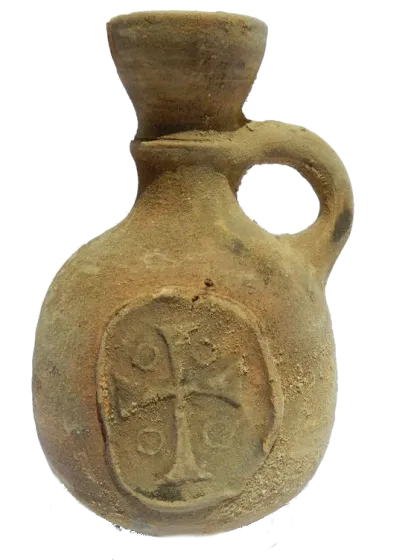
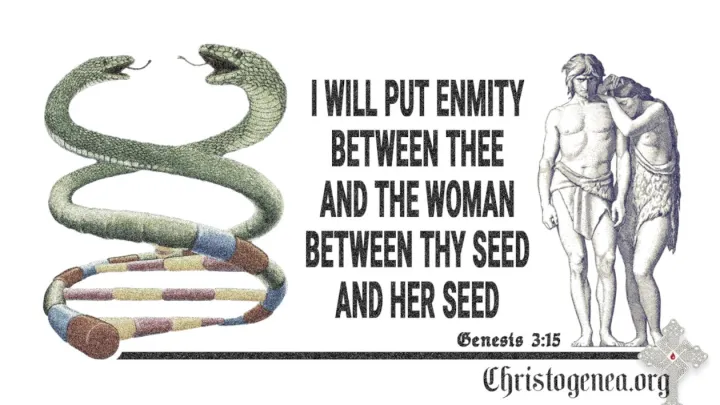
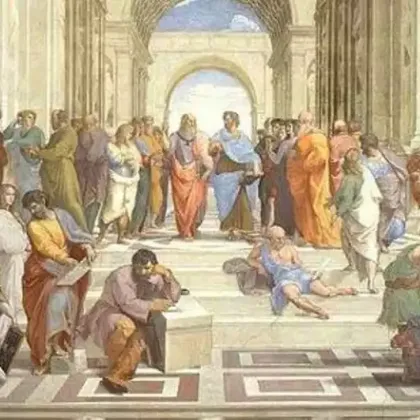

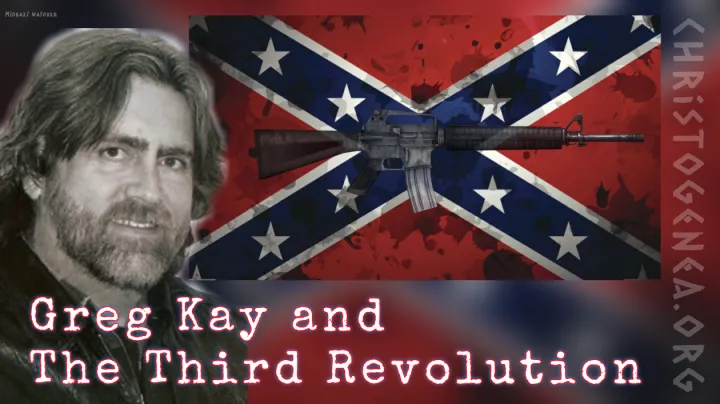
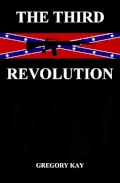
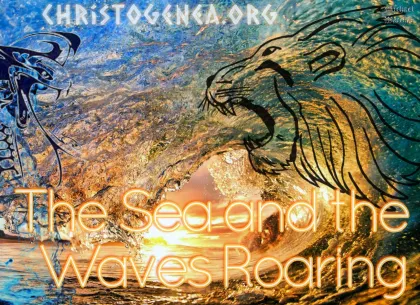

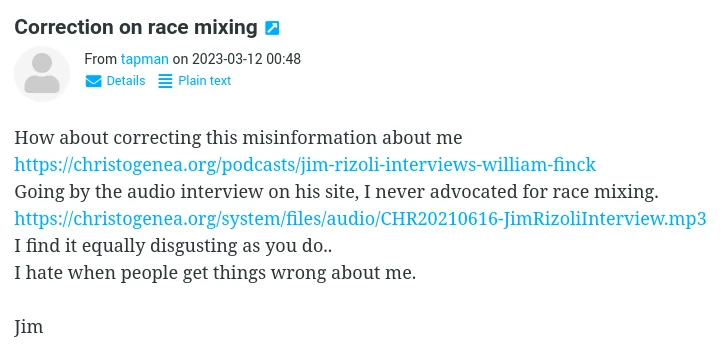
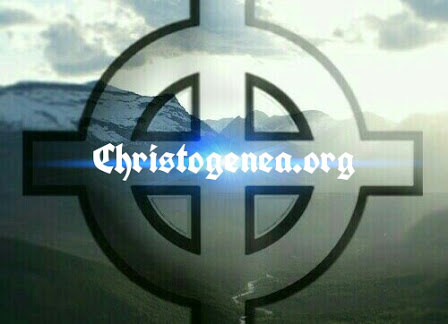

 This evening we had another open forum discussion with some of our Forum Members and friends. Many topics of immediate interest to Identity Christians were discussed, and especially the methods of our approach to Scripture and why we hold them dear.
This evening we had another open forum discussion with some of our Forum Members and friends. Many topics of immediate interest to Identity Christians were discussed, and especially the methods of our approach to Scripture and why we hold them dear.
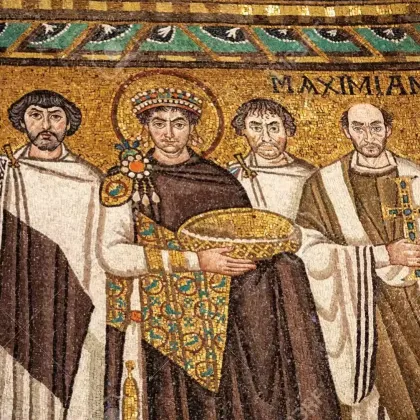
 This evening we had an open forum discussion with some of our Forum Members and friends. This may give our listeners and other visitors to Christogenea some further insight into the attitudes and opinions of the members of our wider Christogenea community.
This evening we had an open forum discussion with some of our Forum Members and friends. This may give our listeners and other visitors to Christogenea some further insight into the attitudes and opinions of the members of our wider Christogenea community.
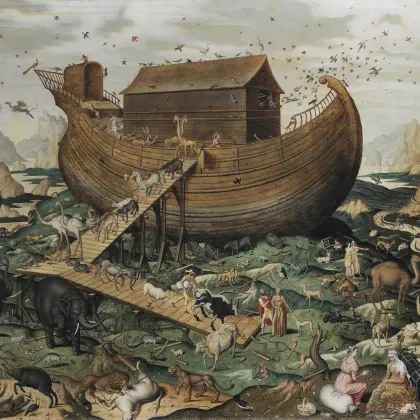






 Please click here for our mailing list sign-up page.
Please click here for our mailing list sign-up page.







